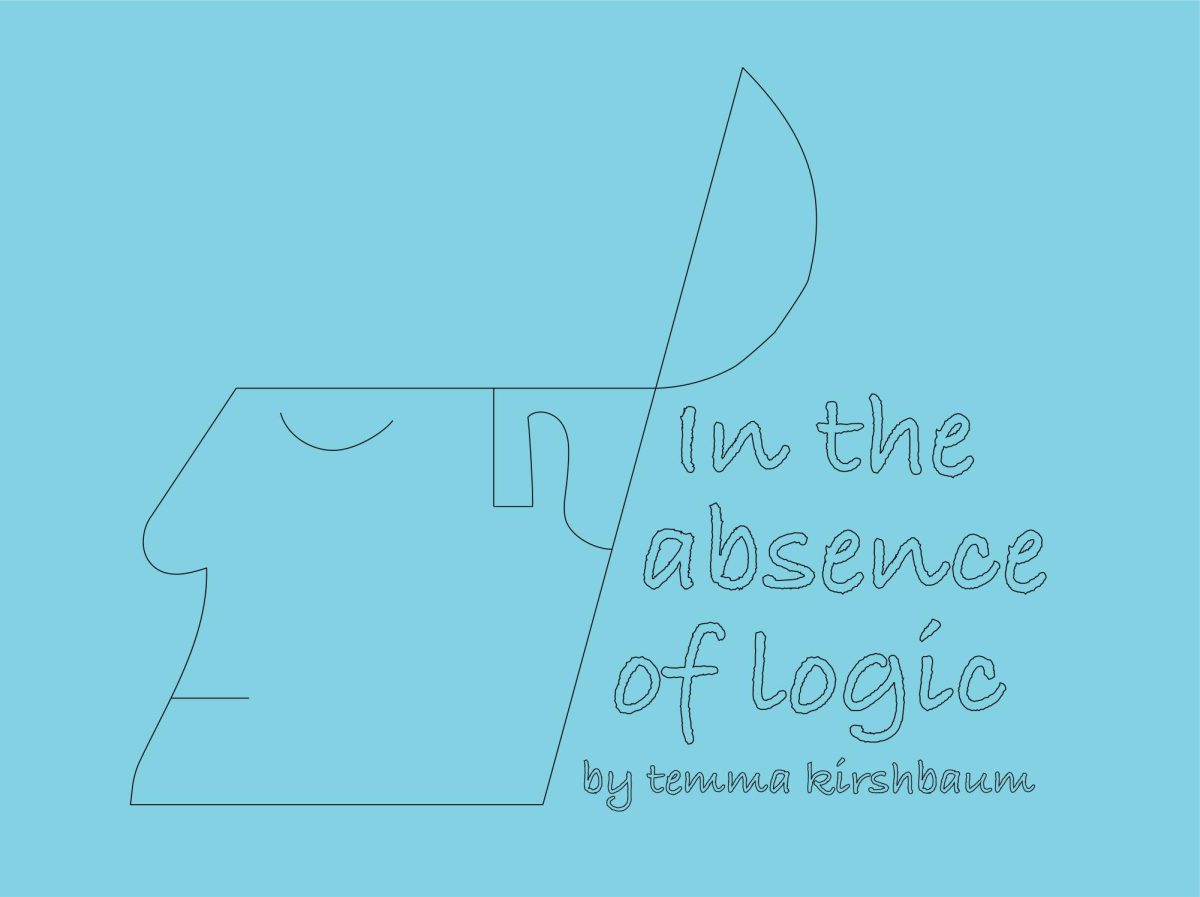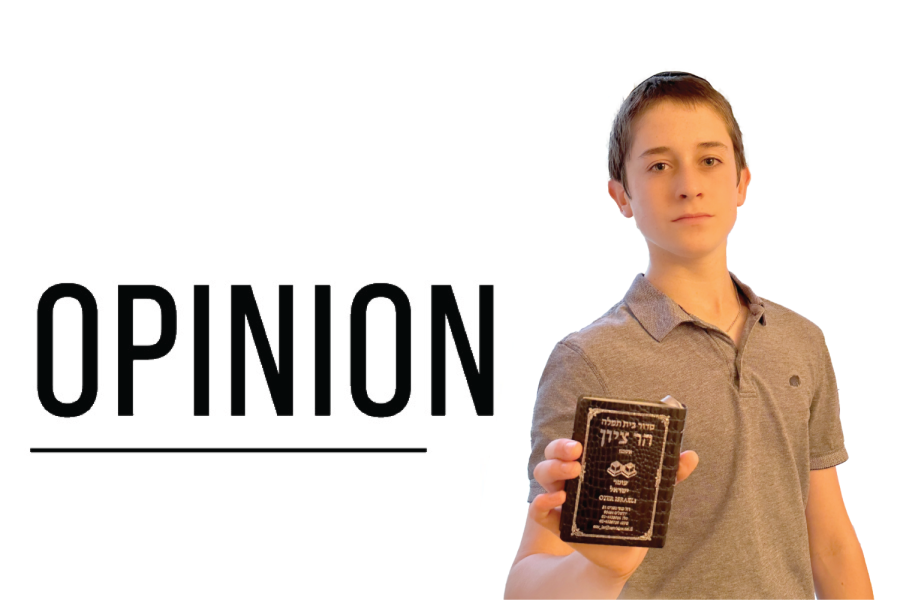This story won Honorable Mention for Editorial Writing in the national Gold Circle competition of the Columbia Scholastic Press Association, and is also a National Winner in the Opinion Story category of Quill and Scroll’s 2012 International Writing and Photo Contest, judged by the American Society of News Editors. It was written by Rose Bern.
It creeps into all classrooms and plagues students everywhere. It’s socially accepted and practiced in smaller and larger doses. The phenomenon is cheating. Don’t gasp, because whether it’s copying a friend’s homework or cheating on an exam, this exists in all schools, including ours.
In the most recent news, a group of students, many Jewish, were caught hiring high school graduates – professionals, really – to take their SAT’s for them, thereby boosting their scores. While this is a much more ambitious offense than copying math homework, it’s really the same activity. Both should be punished and both should be denounced.
Cheating on the SAT’s not only gives the dishonest a false advantage, but it messes with a curve affecting thousands of students around the world. Copying homework may not seem to impact non-cheating students, but perhaps it does; teachers measure a class’s progress by the work that’s turned in, and make a point of repeating concepts not clearly grasped. Moreover, the grades received should reflect overall performance. If we’re doing well because we’re cheating, the grade on our report card is a lie.
It’s debatable whether the responsibility to curb such behavior falls on the teachers or if it’s the students’ responsibility to know better. Because they’re in charge of the test-taking space, teachers need to create an environment which is not conducive to cheating. Whether it’s staying in the room to monitor a test, changing questions each year or having a class vote on penalties, students should not be placed in circumstances that tempt or permit cheating in any form.
However, not all the responsibility should be placed on teachers’ shoulders. Because Shalhevet prides itself on moral values, students here are acutely aware of the value of honesty. Every student knows that there is no legitimate defense against cheating – not the need to get ahead, not the fact that other people are doing it, not because the teacher taught the material in a way that made it impossible to learn. After all, the teacher can’t tell when students aren’t learning – and thus adjust his or her teaching – if people give the correct answer by copying it from someone else.
Maybe it’s not so much that cheating is lying – maybe at a deeper level, it’s stealing. It’s taking something that’s not yours and using it for yourself. Over many years, it becomes engrained and natural, and life itself becomes false. And at the end of the day, you have lost touch with yourself and the principles you hold dear.
Except for those 18 and over, who face the possibility of prison, it seems the students in New York will not be punished severely – at least not by the legal or college entrance system. But they, and we, should realize that just as honesty is its own reward, cheating is its own punishment. It denies a person the chance to learn for the sake of learning, it denies teachers the feedback they need to improve, and it denies cheaters the incentive to take the actual steps necessary to achieve success.
The best kind of feeling is doing well because we’ve worked hard. And that – instead of excuses and new ways to cheat – is what all students should be looking for.












